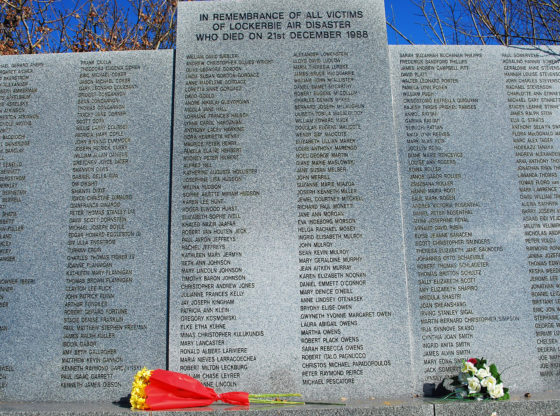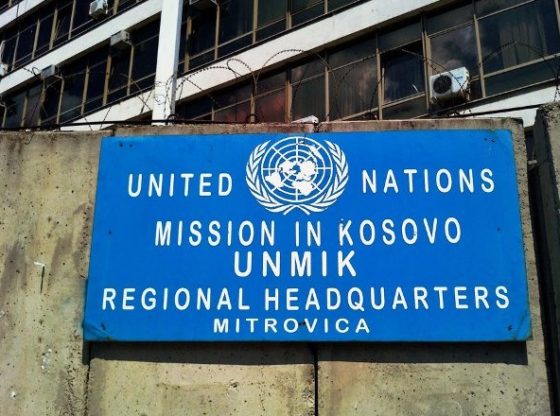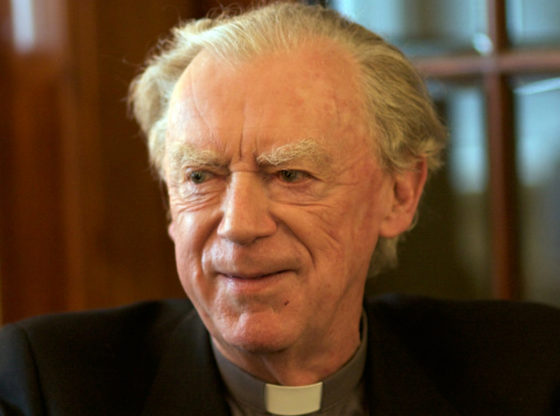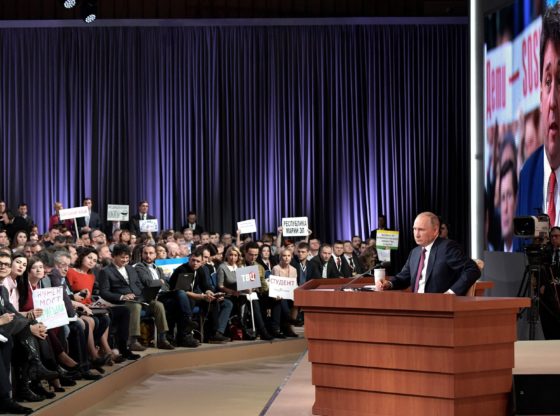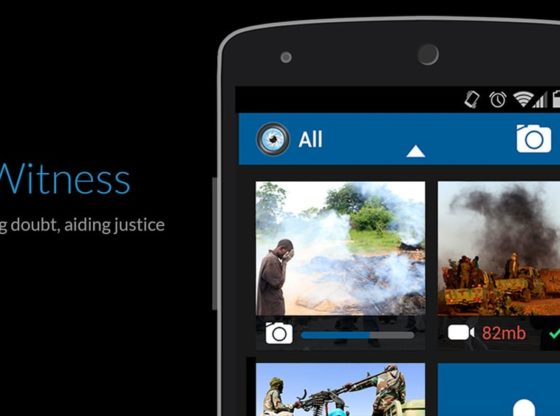rant |rant|
verb: [no object] s
noun: a sp
This month’s Ranters are Abdullah Yusuf, Craig McCluskie and Joseph Royce.
Six years on from the official end of the Iraq War, peace and freedom still seem a long way off for that country. Saddam Hussein’s tyrannical rule might have come to an end, but the new Iraqi democracy has barely kept its grip on power. Decades of unspent religious, ethnic, and social division metastasised into full-scale insurgencies and sectarian bloodbaths that killed hundreds of thousands of Iraqis. Six years on and the West is still divided on the merits, and pitfalls, of the invasion. For Iraqis, the legacy is obvious: division.
But why go to Iraq in the first place? If Saddam fell, so it went, and a successful democracy took his place, Iraq’s neighbours were sure to follow suit. It promised to be a short war above petty politics and party lines. It would have a humanitarian purpose. It would give the Iraqis freedom, and the West protection against weapons of mass destruction. After all, Saddam Hussein had links with Al-Qaeda, and had allegedly sold weapons to them. He tortured his own people and repressed their rights as citizens. 9/11 had forced the US, however unwilling, to fight against terror in all forms, and protect freedom and democracy from those who hated it.
At least, that’s the argument of those who led us into war. Yet the Iraq War was a conclusion to a longer story, one that began at the Watergate hotel in 1974. Richard Nixon’s impeachment and resignation had put American democracy in crisis. His ‘imperial presidency’ collapsed amidst unprecedented concern over unchecked executive power. Congress acted to limit the power of the President in an attempt to restore equality between representatives, senators and the commander in chief.
But, against the judgement of US representatives and senators, two of President Gerald Ford’s youthful appointees believed the President should retain real authority on the big political issues. Dick Cheney was to become the youngest Chief of Staff in US history at 34, and Donald Rumsfeld the youngest Secretary of State for Defence.
Their time within the executive marked an ideological continuity with the Nixon administration, despite the efforts of US lawmakers. The hawkish Cheney and Rumsfeld argued that deployment of US military might was vital to spread democracy and US interests globally. Vietnam’s current unpopularity, they acknowledged, meant using war to achieve political aims was impossible in the short-term - but in the longer term?
Cheney and Rumsfeld were among the signatories to the Project for the New American Century (PNAC). This doctrine asserted the US had won the Cold War and, in turn, the argument of politics. The United States, owning the world’s most powerful military, now needed to act in the interests of humanity (whether it sought its help or not). In turn, the liberated would act in the interests of the US.
Iraq was a consistent target of those who held this view. Many Americans thought that ‘the job hadn’t been done properly’ after the first Persian Gulf War which was executed as a response to Iraq’s invasion of Kuwait in August 1990. PNAC advocates certainly held this view.
And so the agitating continued. PNAC spun the 1998 Iraq disarmament crisis – Hussein’s failure to dispose of chemical and biological weapons – as an existential threat to America and freedom in general. On the same day that Bill Clinton denied ‘sexual relations’ with Monica Lewinsky, he received a letter from PNAC warning that American foreign policy and the commitment of Gulf actors was ‘inadequate’ - America had to do something about it. With this letter, the whiff of military action was circulating in the air above Washington.
Clinton had, until this point, ignored Iraq, believing Saddam’s regime to be on its ‘deathbed’. But the Lewinsky scandal had made him a sitting duck for his critics and he sought ways of kicking back. Early 1998 proved to be a turning point for the Clinton foreign policy. In February, he quoted Saddam’s son-in-law, Hussein Kamal, boasting of ‘Iraq’s offensive biological warfare capability’. PNAC carried out a sustained campaign in Congress to lobby for the Iraq Liberation Bill, which passed in Congress and was signed into law by Clinton on 31 October 1998. Only 30 representatives had voted against it, and support in the Senate was unanimous – even Bernie Sanders voted for it.
Even with Clinton signing into law US opposition to Saddam Hussein’s power politics, a full-scale military intervention remained a hard sell in Washington. It would take 9/11 to bring about PNAC’s final victory. A direct attack on American soil brought the threat of radical politics from distant countries straight to the financial centre of America.
The Iraq Liberation Act quickly became a key propaganda tool for the Bush administration, persuading Democrats that they too had a stake in taking down Hussein’s Iraq. Cheney’s speech to the Veterans of Foreign Wars, and Bush’s ‘Axis of Evil’ speech, elevated the need to confront Iraq as necessary for America’s survival. The invasion of Iraq went ahead in March 2003, under conditions that we are all familiar with. Yet for Rumsfeld and Cheney, this event was the culmination of what they had angled for when they first entered the White House in the mid-1970s.
In the end not a single Weapon of Mass Destruction was found. Harrowing evidence of torture committed by US troops – authorised by Cheney and Rumsfeld – was uncovered. Around one million US troops went to Iraq between 2003 and 2011. Thousands remain in the country, six years after Barack Obama announced the official cessation of hostilities.
While the recent announcement by Iraqi Prime Minister Haider al-Abadi on ‘the liberation of Daesh-held territory’ brought Iraq’s cities like Mosul back into the fold, the unity of Iraq’s geography is yet to be reflected in its fractious society. The memory of sectarian conflict remains, still claiming the lives of Iraqis each month. Unsurprisingly, this year’s anniversary passed with little fanfare on Capitol Hill. Neither of the big two parties had any interest in revisiting Iraq. Cheney and Rumsfeld are long gone, along with PNAC. Yet Iraq continues to pay the price.
The legacy of invasion is a failing state. Full control over Iraq’s vast geography still eludes the central government in Baghdad, whose Shia-centred policies continue to maintain the sectarian wedge in society; reminding Sunnis that they will not be forgiven for Saddam’s crimes. Meanwhile, the ongoing tumult has emboldened the Kurdish region, which continues to push its claim for independence, hoping to profit from the tug-of-war being played out between Washington and Tehran over al-Abadi’s government.
Though much blame for the plight of Iraqis over the last four years has been laid at the feet of Islamic State, the fact is that the perfect storm of social ills that energise terrorist organisations was sparked the moment military boots hit the ground in 2003, when Operation Iraqi Freedom began. The legacy is one of abandonment. Iraqi citizens have been left to live at the whim of a sectarian politics that has poisoned the nascent democratic institutions that could have become the foundation for a successful, inclusive government in Iraq. Civil society has been destroyed. Bitter memories of times when neighbour fought neighbour will only weigh down attempts at a political solution to Iraq’s divided society for decades to come. In the meantime, Iraqis struggle for basic security and human rights, while the West continues to wonder whether it should have invaded the country in the first place.
Abdullah Yusuf is a lecturer in International Relations at the University of Dundee. His research interests lie in the area of International organisations; Politics of Humanitarian Armed Interventions; War and Peace in the Middle East. Abdullah can be contacted at: [email protected]. He is on Twitter at: @DrAYusuf
Craig McCluskie is a historian who works as a tutor in the History programme at the University of Dundee. His research interests include colonisation, nationalism and national identity. Contact Craig at [email protected].
Joseph Royce completed his MSC in International Relations at the University of Dundee this year. His research interests include: International Relations of the Middle East; Terrorism and Political Violence. Joseph Royce can be contacted at: [email protected]


